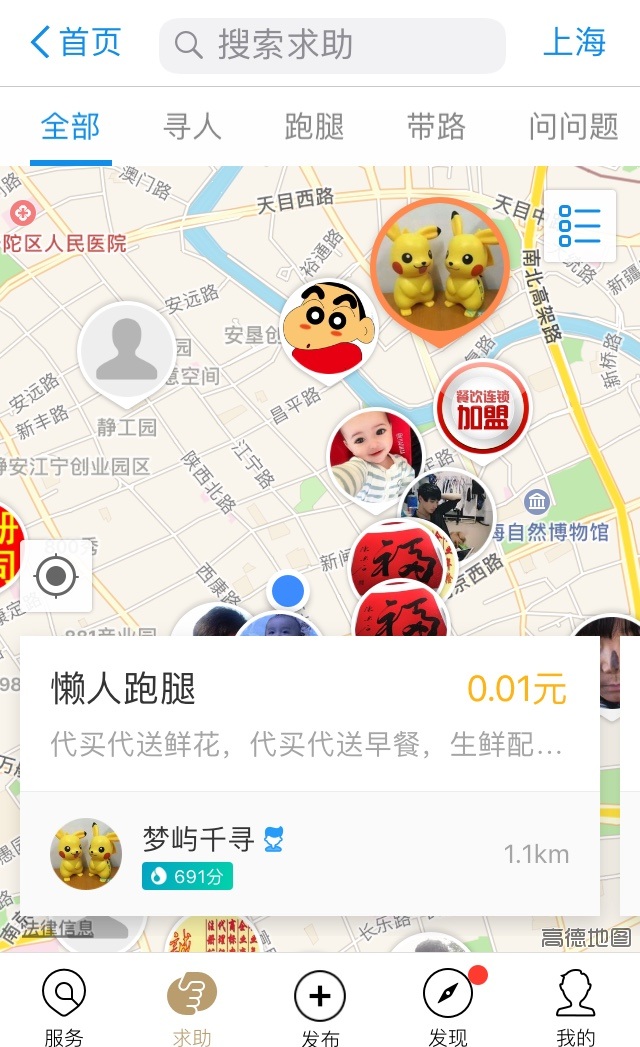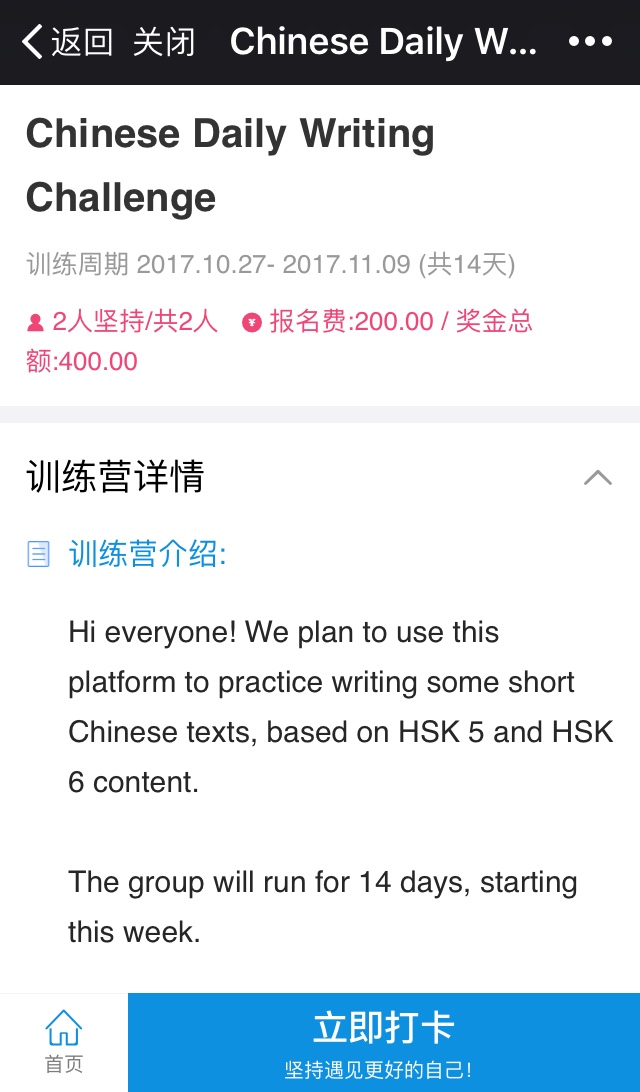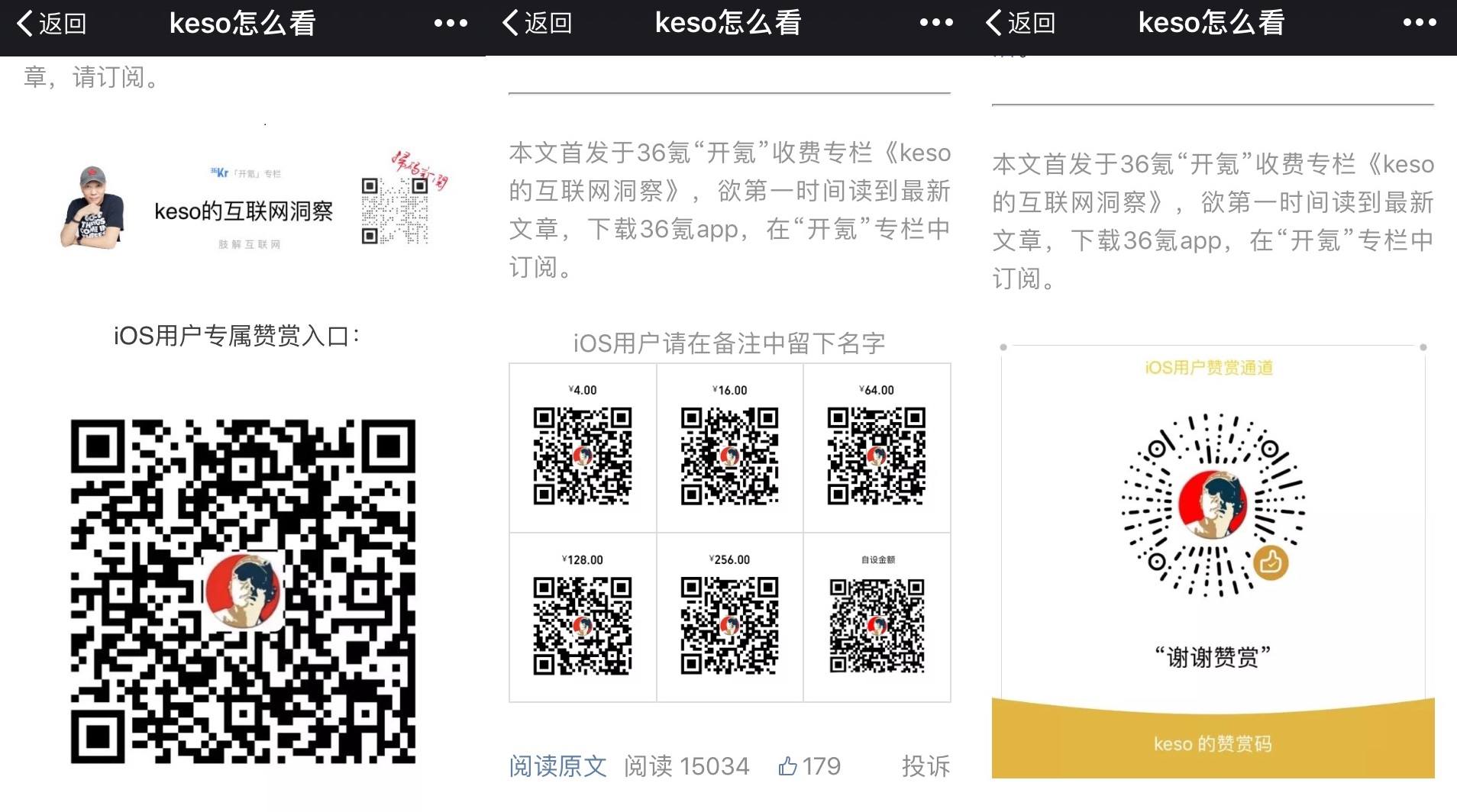By Eva Xiao
China may be known as the copycat nation, but the country is a genius at creating new business models, from bike sharing to miniature karaoke booths. In fintech especially, Chinese entrepreneurs are showing the rest of the world what can be done once payments turn cashless.
In 2016, China’s mobile payment industry hit about US$8.8 trillion, a mind-boggling figure that’s supposed to jump to US$14 trillion by the end of this year, according to iResearch. The research firm also estimates that by 2019, about 85 percent of online payments in China will be mobile, leaving just 15 percent for PC and tablet-based transactions.
That’s not too surprising, given how dominant the mobile phone is in China: more than 95 percent of internet users in China used their mobile to go online in 2016.
The immediate benefits have been obvious – fast and convenient payment, with no need to fumble for change. But as more and more Chinese consumers choose their phone over ATMs, new ways to spend – or make – money on your phone are cropping up. Here’s five that caught our attention.
Location-based freelancing
The beauty of smartphones is that they almost never leave our side. That means mobile payments can enable a host of new location-based services.
In Alipay for instance, you can find nearby freelancers, whether it’s a photographer, nanny, or gym instructor. You can also post your own location, a request, and a corresponding “bounty.”
These requests run the gamut: picking up and delivering a package, buying groceries and bringing it to someone’s office – even going on a movie date with someone. Anyone can volunteer to complete a help request and get paid. Bounties can only go up to US$30.

Some nearby freelancers – this one is offering to run random errands for less than US$1: buying and sending flowers, breakfast, and more.
One Chinese blogger joked that you can even pay someone to bring toilet paper to you – which is laughable, but entirely possible through Alipay’s location-based feature.
Paid group challenges
There’s nothing like peer pressure when it comes to getting shit done. But if you can raise the stakes a bit – say, by putting in US$50 – your odds of success could be even higher.
That’s what users of “Knowledge Circle,” a WeChat official account, can do using the app’s payment system. A group of friends can create their own daily challenge – like going to the gym or studying for a test – and require a certain buy-in amount to participate, the highest being US$750.
Everyday, participants will have to complete a task and show proof of completion, whether it’s a homework assignment or a photo of you at the gym. Those who miss too many daily tasks – a threshold set by the person who creates the group – lose their buy-in money to those who persist until the end. Not a bad way to motivate yourself to form good habits or learn something new.
Designed for education purposes, Knowledge Circle also makes it possible for instructors or trainers to create their own group challenges, set tasks, and charge members for entry.

A Chinese study group challenge. Participants have to put in 200 RMB or about US$30.
Tipping for content
Tipping is not a new concept, but it has taken on a new spin in China (a country where, ironically, you don’t have to tip waiters, drivers, baristas, or other service people).
Specifically, online content creators in China, such as bloggers, are getting tipped for their articles. This is especially popular on WeChat, where writers can simply add a mini-program or QR code at the end of their post to receive donations.
To be sure, tipping is not a sustainable business model, since it isn’t mandatory for readers, but it is a way to make money from content without resorting to advertising, paywalls, or paid subscriptions. It’s unclear how much bloggers are making on WeChat through tips; however, when Apple tried to shut down the tipping function this summer, there was enough outrage that the US tech giant capitulated.
At the moment, WeChat charges zero commission on tips made through content. In February, there were also rumors that the app was developing a paywall function – though there has been no update since.

Keso, a well-known tech blog on WeChat, has iterated through three different tipping methods this year alone (left to right): one QR code that lets users decide how much to tip, different QR codes for set amounts, a mini program for tips.
Knowledge economy
Would you pay to ask your favorite celebrity a question? That’s the idea that gave rise to Fenda, a paid question-and-answer mobile app and WeChat account. When it launched last summer, Fenda users could pay to submit questions as well as to “eavesdrop” on other answers, which take the form of audio messages.
Most famously, Wang Sicong, the son of one of China’s richest businessmen, made over US$30,000 by answering various questions, including queries about his sex life.
The app has since pivoted to expert advice instead of celebrity gossip, where users pay to hear from professionals like lawyers and psychiatrists. It’s an interesting part of China’s new knowledge economy, where “thought leaders” can make money by answering questions, recording live lectures, or starting their own podcast series through their phone.
Micro rentals
Like location-based freelancing, micro rentals work well in China because of the smartphone. It can keep track of your location, process payments, and remind you when to return stuff. It’s the tool that turns ordinary objects into services.
A number of rental services have exploded this year in addition to bike sharing, a service that has now covered hundreds of cities in China and has been exported overseas. Basketballs, umbrellas, power banks – even sex toys – can be rented thanks to a combination of mobile payments, QR codes, and smartphone penetration.



















